|
When I was in high school, I saw a little movie called Gladiator. I loved it, but for all the wrong reasons. Rather than cheering for the (supposedly) heroic, stoic, and (in my opinion) boring Maximus (Russell Crowe), I found myself rooting for Commodus (Joaquin Phoenix), the murderous, incestuous, and emotionally turbulent villain of the story. I knew he would lose, but I didn’t care. He was interesting, and, despite all the bad stuff he did, I still related to him far more than the hero. Thus began my fascination with twisted, crazy, creepy, villainous characters who more often than not take the form of pale-skinned, blue-eyed brunettes. Joker is the origin story of Batman’s greatest foe, set in a realistic version of 1980s Gotham. In it, Arthur Fleck (Joaquin Phoenix) is a mentally ill man, working a menial job as a party clown and taking care of his ailing mother, Penny Fleck (Francis Conroy). He has dreams of making it as a stand-up comedian and idolizes talk show host Murray Franklin (Robert De Nero). However, a series of events leads him down the path of violence, chaos, and villainous glory. Naturally, Joker was going to appeal to me. It’s a movie that takes the kind of character I always root for anyway and puts him in the spotlight. The fact that they got Joaquin Phoenix to star in it only made it that much more delicious to me. Before going into the movie, I was keenly aware of the supposed controversy surrounding the movie, about whether or not the Joker was the “patron saint of incels,” and whether this made Joker a movie we needed to watch or a movie to avoid at all cost. I watched it on Sunday of its opening weekend, and my reaction was, as usual, not the right one. I thought Joker was fun. I enjoyed it. I was thoroughly entertained. And because my reaction seems inappropriate, I feel the need to explain it. So here I go. First, and most obviously, I enjoyed Joker because Joaquin Phoenix did a heck of a job acting, and I was completely mesmerized by his performance. I could watch him over and over again. Second, I not only empathized with Arthur, I related to him, and there was no moment where he ever lost my sympathy. Third, within the specific context of this movie, moral justice is upheld—the wicked are punished, the powerless become powerful, and society achieves a warped sense of balance. In that way, the conclusion is emotionally satisfying. I think it’s ironic that most of the fuss revolves around what the movie says about society, how it will influence society, and whether it’s important to society. Joker isn’t a movie about society. It’s a movie about the individual. Joker portrays an individual breaking free from society, with all the joys and pains that liberation incurs. (Warning: The following analysis reveals key character deaths. If you have not seen Joker and want to be surprised, do not read ahead. You’ve been warned.) So before I dive too deeply into the movie, I want to tell a little personal story about myself, which may or may not explain my odd taste in characters. My personality type, according to Myers-Briggs, is an INFP, which means I’m driven by my emotions and highly idealistic. I’ve known this since I was about 12, and the first time I heard it, I cried. I thought this meant I was stupid and weak, naïve and spacey. My whole personality type seemed to be this harmless little marshmallow, who tries to see the best in everyone, and gets sat on by society. And when you see Arthur Fleck at the start of the movie, it’s hard not to see him in exactly this way. A harmless marshmallow who gets sat on by society. He gets beat up by hoodlums and blames it on himself. He daydreams about meeting his idol, being singled out by him for special attention. He wants to be understood. Idealism, I have learned, doesn’t mean you see the world through rose-colored glasses. You do not go around willfully ignoring the evil in the world. Arthur has no illusions that the world is a wonderful place. Unlike his mother, he does not think Thomas Wayne is going to swoop in and rescue them. But he does believe he has a purpose in life: to spread joy and laughter. So he puts effort into his job as a clown. He studies stand-up comedy. He makes himself vulnerable by appearing on stage. But nobody notices and nobody cares. For all his efforts, he is beaten up, made fun of, and eventually fired. When I was thirty, I self-published my first novel, The Changelings, an epic fantasy that I had put my heart and soul into. I felt like a miserable failure, because no one outside my small circle of family and friends noticed or cared. I wasn’t good enough to earn a living as a writer, so I tried Plan B: getting my credential to become an English teacher. To make a long story short, I was forced out of the program with half a semester to go. Not because I wasn’t smart enough, not because I didn’t work hard enough, not because I did anything wrong. But because my master teacher, my supervisor, and my professor all decided that I just wasn’t cut out for the job. I was too perfectionistic, I didn’t have the right social graces, I wasn’t passionate enough about teaching—something was wrong with me, they just couldn’t quite name it. They told me that if I didn’t quit, they’d kick me out and it would mar my record. So I quit. All this came back to me while watching Joker. The pain of failing when you follow your dream, the pain of failing when you try to be normal, feeling like something is wrong with you but you can’t fix it and you can’t make people understand. The whole time, I tried to complete my student teaching, I felt something was wrong. I was labeled as a problem early on, and after that, no matter what I did, I couldn’t seem to shake that perception. Everything I did was criticized. I tried to correct my failures, I did everything they said, but it didn’t matter. I couldn’t sleep at night. I started throwing up between classes. I had suicidal thoughts for the first time in my life. My days were filled with dread. And then it happened. The worst thing. The inevitable thing. They told me to leave. And I felt relieved. For Arthur, the worst thing occurred on the subway. His uncontrollable laughter catches the attention of a group of rich young stockbrokers. They make fun of him and beat him up. Arthur pulls out a gun and shoots them dead. He’s finally done it. He’s snapped. He’s a murderer. He goes into the bathroom--and dances. Gracefully. Not because he suddenly loves violence, not because the guys had it coming. But because in that moment, he’s free. He’s been crushed under the weight of society’s rules and expectations for so long, and suddenly, it doesn’t matter. Nothing matters now. He can do whatever he wants. When an idealist snaps, he stops caring. And it feels good. Do you find this notion empowering or frightening? I, personally, found it empowering, mostly due to my own experience. After I “failed” at a normal life, I did some soul searching. I realized I had internalized a lot of society’s values. I had a perception of the person I should be, but it wasn’t who I was. I didn’t want to live a normal life. I wanted to be myself. Instead of trying to be good enough, I decided to accept that I already was good enough. That the problem wasn’t always me--that sometimes it was the world that was messed up. Maybe it was okay to throw off the expectations of others and do what I wanted. To make the world a better place on my terms, not on theirs. I can understand why this kind of thinking would be frightening. Society is made up of laws, rules, and expectations, and some of them are written down and explained and some of them are inferred, but the underlying assumption is that if you are good and obey those rules, you’ll be rewarded, and if you’re bad and break those rules, you’ll be punished. But what if you can’t obey? What if you’re deemed bad from the start? What if you don’t believe that what society calls good is actually good? What if you get so sick of chasing rewards and avoiding punishment, you decide you no longer care? What if you throw off all the rules and exert your free will? And what happens if you’re not alone? If several people decide that the rules are made up and the points don’t matter and that they’re going to do whatever the hell they want because nobody is watching, so who’s going to stop them? You have chaos. And the scary thing is that this is reality. Because as much as we like to pretend we’re all law-abiding citizens, people break the rules all the time. People lie to get out of trouble, they act rude when they think they can get away with it, they steal pens and paper clips, and they dump their trash on the ground. People do do whatever the hell they want, and you can make up all the rules you want, but once they decide they don’t care, that’s it. Unless you are there to watch them all the time and have the means to enforce those rules, you can’t make them behave. And so the world we live in is a lot closer to chaos than we’d like to believe. Maybe that’s why the Joker is such a compelling character. One murder does not turn Arthur into the Joker. It is a long journey and a painful one. Everything he knows is ripped apart. He is transformed. And there is something beautiful about the transformation. He is violent, he is unpredictable, he is a menace to society--but at long last, he is himself. He is happy, and he is free. Now what he is transformed into, his truest self, should be disturbing. Arthur kills a lot of people during his metamorphosis. The killings didn’t really bother me, though. Arthur wasn’t murdering random people out of a love of violence and destruction. The deaths were very personal, and, the way I read it, the people he killed represented a threat to his freedom and his newly formed psyche. Killing his mother, for example, means destroying his past, the parental expectations hoisted upon him, and a very real drain on his time, energy, and resources. Killing his co-worker is an act of outrage at people who lie, cheat, and undermine what is good through small, but destructive acts. Killing his idol means destroying his dream, once and for all. Arthur can never succeed by emulating someone else. He can only succeed by doing things his way. On a metaphorical level, I get it. I had to “murder” a lot of dreams, ideas, and perceptions I had picked up along the way. I’d never really wanted to be a teacher. My mother wanted that for me, so that I could be safe. I had to murder that idea. This dream of being a famous writer, getting awards and recognition--I had to kill that, too. I decided to write because I wanted to write. Not because I would be rewarded, not because I would be praised, not because I would bring honor to my family, not because I would change the world. But because I wanted to do it. At the end of Joker, Arthur discovers, ironically, that by giving up on society, he has found a community that accepts him. He has power, he has followers, he’s changed the world. And he’s done it all through being himself. Maybe this is a fantasy, but it’s one I get it. I want to be myself and to be free--but I also want to be accepted and to change the world. Is that wrong? Is it delusional? Maybe. But sometimes, you just want to dream. So that’s why I enjoyed Joker. It reflected themes that had happened recently in my life, it portrayed the joy and pain of liberation, and it ended with a power fantasy. Yet the romanticized character is a bad guy. I’m fine with that. You couldn’t tell this story with a good guy. A hero never gives up on people. A hero tries to save the world. A hero enforces the values of society. A villain destroys them. A villain says, “My desires are worth more than your rules.” It’s what makes them so powerful, so seductive, and so dangerous. I read Joker through a personal and psychological lens, but you can look at it through the lens of society, and from that lens, I suppose, it is a depressing film. Do we create people like the Joker? What can we do about this problem? How can we stop it? Personally, I feel these are the wrong questions to ask. You can’t stop people from breaking. The best you can do is be there for them when they do break, not as a “society,” but as a friend, a loved one, an individual. Even then, you can’t control the transformation process. You don’t get to decide what they turn into. You can tip the odds in your favor, but you never really know. Because we don’t control people. And that’s okay. It’s what makes life so messy and chaotic--and beautiful.
3 Comments
Don
10/24/2019 05:00:24 pm
I can deeply appreciate your view. I know reality has killed much of my idealism. You are right about us not caring about society once our idealism is broken. I’m glad you will continue you writing as it is what you enjoy doing. It of course saddens me to hear about a lot of your pain. I think all us idealistic go through similar experiences.
Reply
Mari
10/25/2019 09:31:29 pm
I enjoyed reading what I read so far...I’ll finish reading tomorrow...you are an excellent writer! Mari
Reply
Leave a Reply. |
Rebecca LangWriter. Critic. Dreamer. Archives
January 2021
Categories
All
|
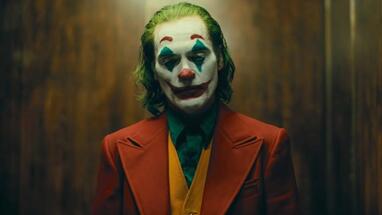
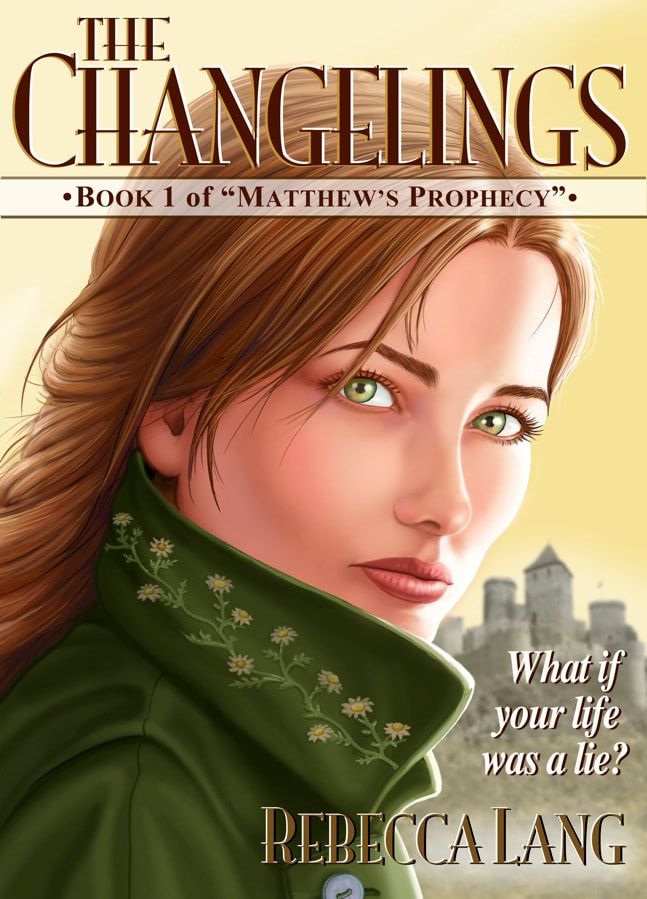
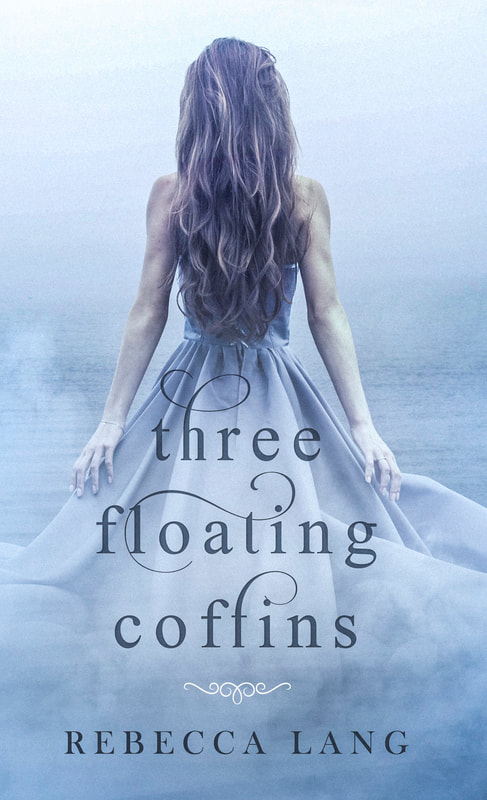
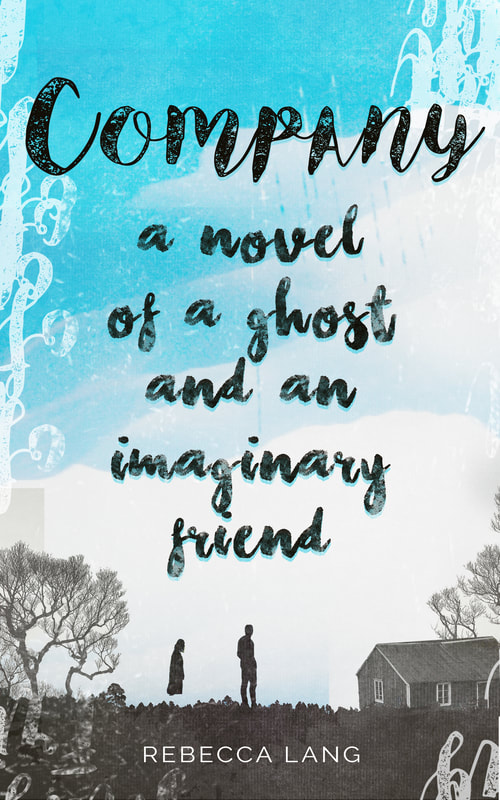
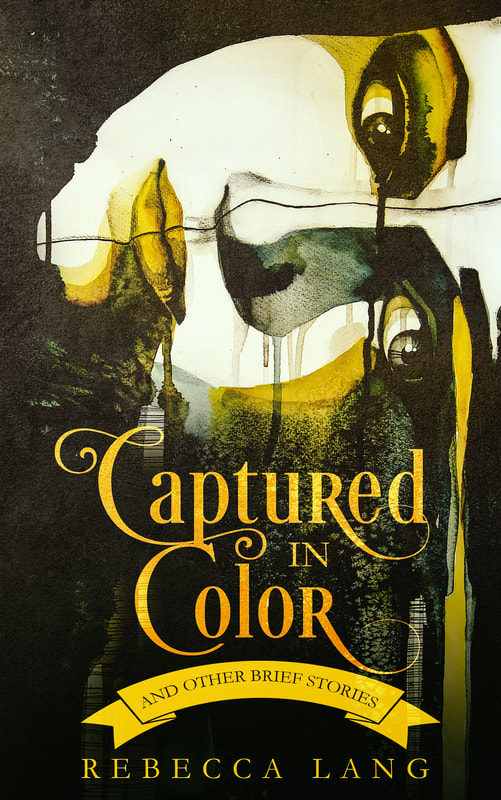
 RSS Feed
RSS Feed